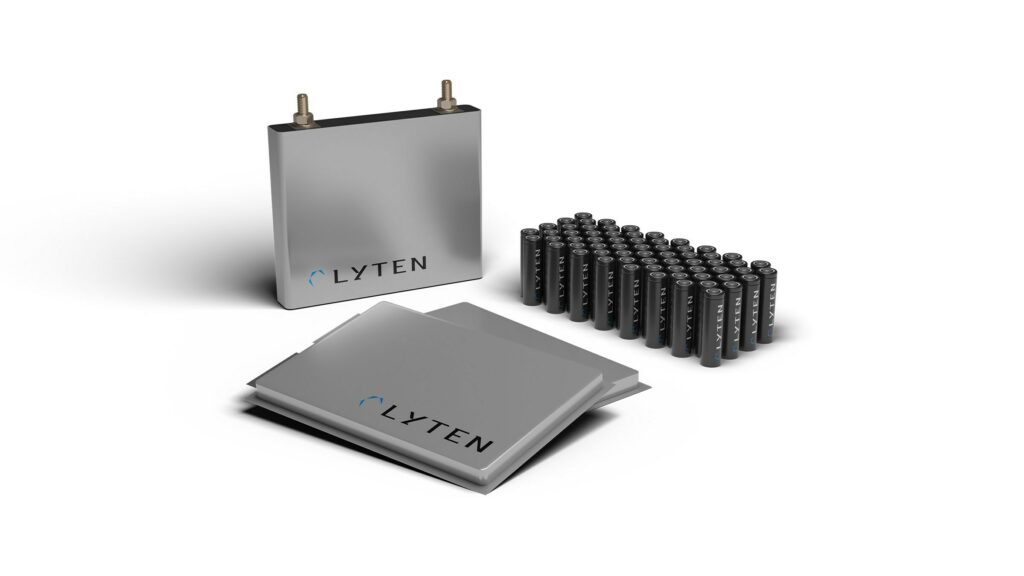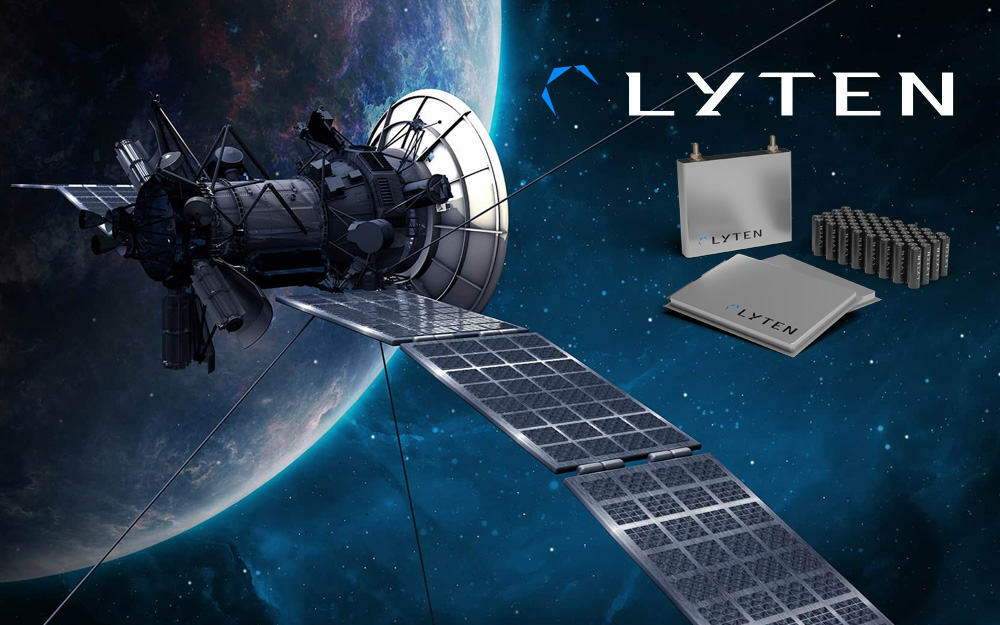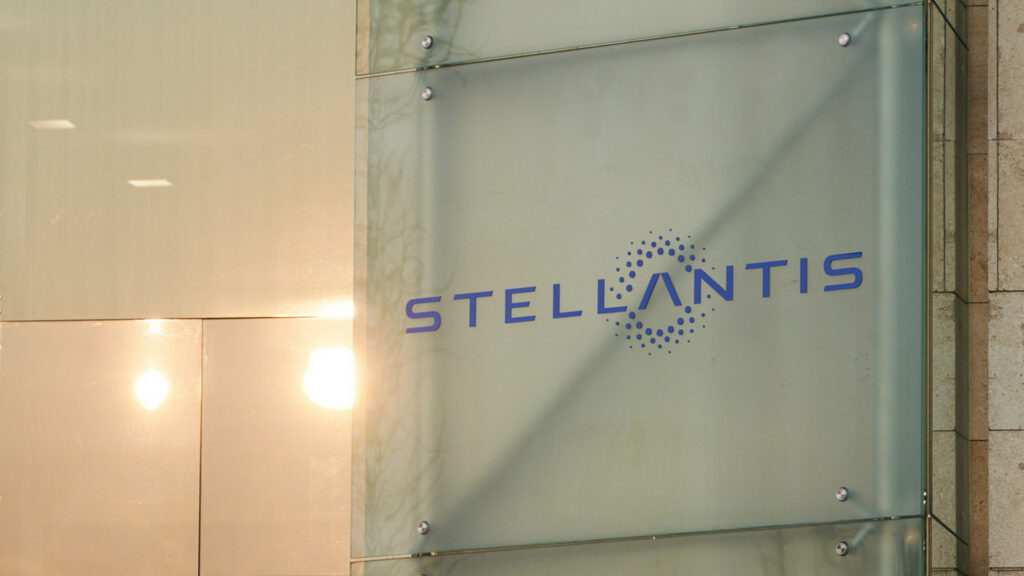Stellantis’ corporate venture fund has announced an investment in Lyton, a battery manufacturer based in Silicon Valley that has developed innovative new lithium-sulfur batteries and is also a pioneer of three-dimensional graphene.
It is unclear how much Stellantis Ventures has invested in Lyten but what we do know is that the company’s lithium-sulfur batteries do not use nickel, cobalt, or manganese. This reduces the carbon footprint of the batteries by approximately 60% from traditional lithium-ion batteries. Lyten can also source the raw materials for its batteries in North America and Europe.
“We are delighted that Stellantis Ventures, as the venture investment arm of a global automotive innovator, has demonstrated a strong belief in our company and our Lyten 3D Graphene™ decarbonizing supermaterials,” president and chief executive of Lyten, Dan Cook said.
Read: BMW And Stellantis In Talks With Tesla Supplier, Panasonic, Over New Battery Plants

Lyten’s innovative 3D graphene takes the form of a tunable decarbonization supermaterial engineered from natural gas. It is significantly more chemically and electrically reactive than traditional two-dimensional graphene. The company’s lithium-sulfur batteries and 3D graphene materials are initially being produced at a 145,000-square-foot campus in Silicon Valley.
“Having recently visited Lyten together with our CTO Ned Curic and our head of Stellantis Ventures, Adam Bazih, we walked away impressed by the potential of this technology to help drive clean, safe and affordable mobility,” Stellantis chief executive Carlos Tavares said. “Lyten’s materials platform is a key investment for Stellantis Ventures, in line with our Dare Forward 2030 goal to accelerate the deployment of innovative, customer-centric technologies. Specifically, Lyten’s Lithium-Sulfur battery has the potential to be a key ingredient in enabling mass-market EV adoption globally, and their material technology is equally well positioned to help reduce vehicle weight, which is all necessary for our industry to achieve carbon net zero goals.”
Lyten hopes to begin deliveries of its lithium-sulfur batteries and 3D graphene-infused composites for specialty markets later this year. It is unclear when Stellantis will start to use these batteries.




